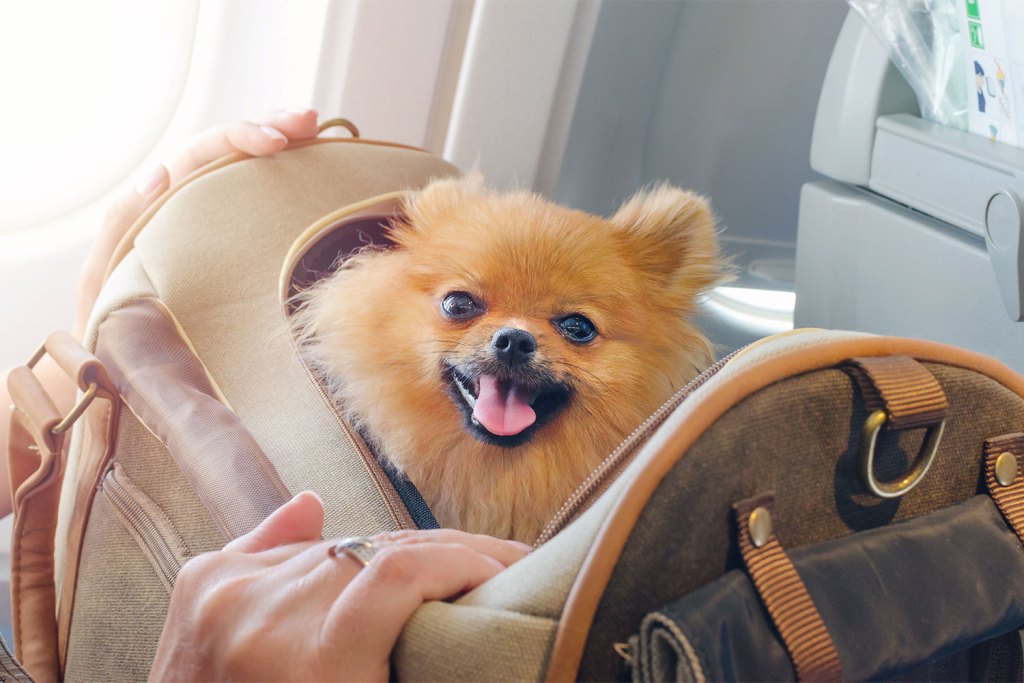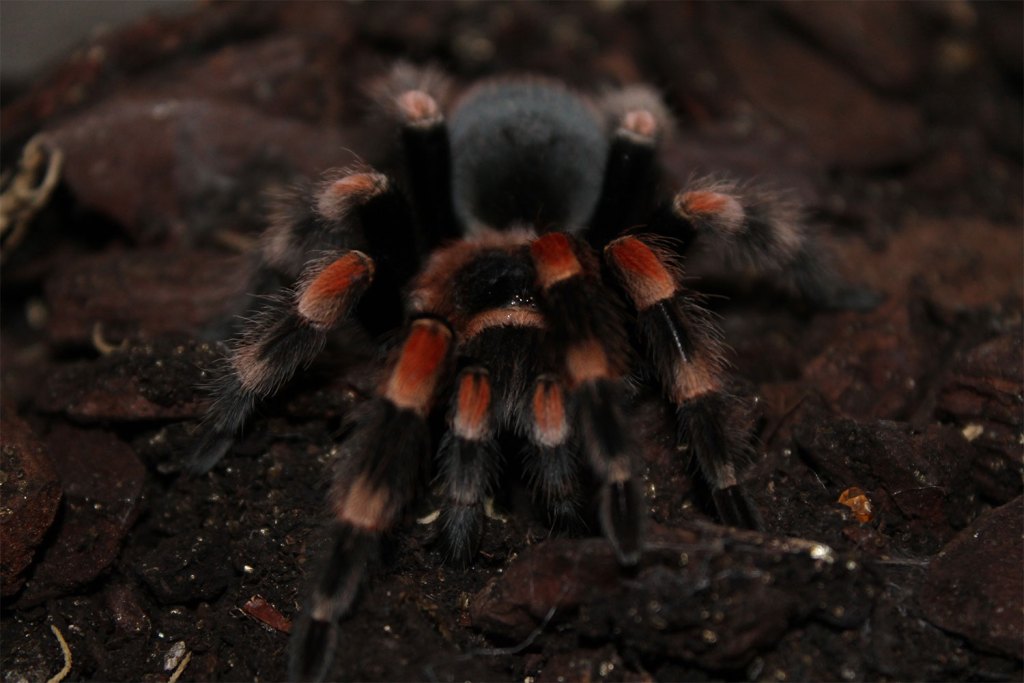Going out of town means planning an itinerary with hotel reservations, restaurant recommendations, and museum tickets. If you have small pets at home, it also means booking pet sitters to feed your companion and make sure they’re safe. Luckily, many small pets fit your lifestyle if you travel a lot. There are also pets that do well even when left alone for days. Either way, here are some pocket pets you might want to welcome into your life of constant travel.

Pets that travel well
Some pets travel well whether it’s by air, car, or train. However, make sure your designated airline or transportation company accommodates pets before taking your friend with you. Keep in mind that some cat and dog breeds may not do so well during air travel, and in this case, it’s best to keep them home or consult your vet for any precautions you should take.
- Cats and dogs are frequent travelers. In most cases, they’ll need to stay in an airline- or company-approved crate. On planes, contact the staff beforehand if your pet can stay in the cabin with you. You might have to pay extra fees, but the long trip will be less stressful compared to being alone in a separate part of the plane. Dogs tend to travel better in cars than cats do, so if you’re going on a long road trip, consider leaving your pet at home in the care of a friend or family member.
- Rats are an unusual pet that are good company for travelers who explore by car. They’re low-maintenance, curious, and often well-behaved. Consider adopting a pair to satisfy their socialization needs. Rats are incredibly intelligent and can feel sad when they are alone.
- Rabbits are also one of the more common animals you might see on planes and in cars. Though rabbits have a reputation for getting easily spooked, they can be great travel buddies. Before tucking them away in their crate in the backseat of your car, make sure they’re comfortable with their carrier and being inside your vehicle. Let them explore their crate to minimize stress on the first day of your road trip.
Pets you can leave at home for days

These pets are travel friendly in a different way. While you satiate your wanderlust across the seas, they’ll be home and happy waiting for your return.
- Hermit crabs may not be the first thing to come to mind when you think of small pets, but they are great pets for travel lovers or folks who travel for business on a regular basis. They just need a terrarium placed in a shady area, some bedding, and crushed food pellets. Keep some plants in their terrarium and spray with water.
- Hamsters are convenient pets for frequent travelers. Make sure their automatic feeder and water bottle are in good working condition before you leave. Clean and replace their bedding if necessary, and make sure the room temperature is amiable. Leave a new rolling toy, maze, or chew toy before you leave to keep them entertained until you get back.
- Tarantulas eat very infrequently. Before a long weekend, feed them until they’re full — live crickets, pre-killed crickets, mealworms, grasshoppers, etc. Leave water for them to drink, though they’re unlikely to need it since they get most of their water content from food and the environment.
- Betta fish just need a bowl or tank and food and they’re good to go. As long as you’re not gone long enough for the water to get too dirty, they will be just fine. Keep in mind that male betta fish do not get along with other males, so keep them separate if you plan on adopting more than one.
- Snakes, like tarantulas, also eat very infrequently. Younger snakes may need to eat at least twice a week, though adult snakes can go up to two weeks without a single meal. It varies between species, but your small snake will likely need a controlled temperature terrarium through installed heat lights.
Traveling frequently is seamless when you’re solo, but when you have small pets, your preparations might need to be more elaborate. Fortunately, there are many pocket pets that travel well by different modes of transportation. Beyond that, there are even more pets that actually don’t mind being left alone for days or weeks while you’re away. We hope this article helps end your search for the best travel buddy or at-home companion, and safe travels!
If you want to know more about any type of pet you might get, PawTracks got you covered
Editors' Recommendations
- Do fish sleep? It’s complicated
- This is how long you can expect your new pet rabbit to live
- Why do hamsters sleep so much? When to be concerned about their health
- Can you keep pet seahorses in your home aquarium? Here’s what you need to know
- Can guinea pigs eat apples? Yes, but there are risks involved


